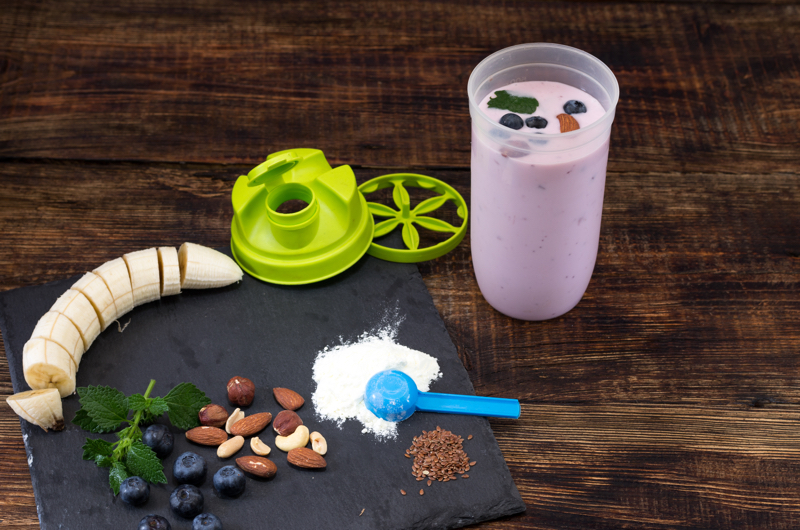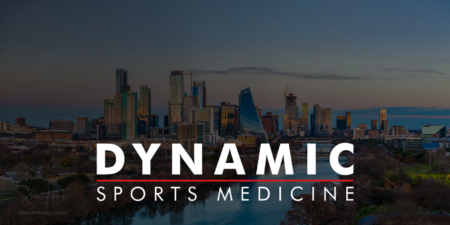What to Eat When Training for an Endurance Event
Whether it’s your first attempt or your 50th, preparing your body for a major athletic event such as a marathon, century bike rally or triathlon goes well beyond “eating healthy.” It requires a complementary combination of exercise and sports nutrition designed to fuel your body through vigorous training sessions and aid in muscle recovery afterwards.
While most dedicated athletes eat fairly well, as a rule, they often have different fitness goals. Some want to lose weight as they train while others just need to change their body composition and work on endurance, so nutrition for athletes should be individualized to both body type and desired outcomes.
Proper sports nutrition requires the right ratio of carbs, protein, and fat for adequate dietary support to ensure your body will perform at optimal levels during training sessions and, ultimately, on the big day/s. Because everyone is different, it may take some experimentation to determine how you perform in training after various food and supplement combinations, so focusing on sports nutrition early in the training process will allow you to fully understand how your body adapts to certain foods and plan accordingly for event day.
Individual goals lead to variations in sports training diets, but there are some general guidelines that can assist you in preparing your body to compete.
Carbohydrates serve as your main source of fuel as well as the body’s means for replenishing and maintaining glycogen stores. While simple carbs can be useful for providing fast energy right before a workout or other high-activity period, complex carbs are better before endurance activities or a particularly intense training session, and should comprise at least 60% of total calories. Whole grains and foods are always better than their processed or enriched counterparts.
Protein, needed for muscle growth and repair, should make up approximately 15% of your daily calories. Without it, instead of building and maintaining muscle, the body will break it down to use as fuel. Eggs, oats, nuts, and seeds, along with lean meats and fish are all good sources of protein.
The consumption of healthy fats is known to increase endurance. While you should aim to keep consumption of fats to 25-30%, the inclusion of plenty of positive fats such as avocados, oils, nuts, and seeds, will allow you to train for longer periods.
Supplements, sports drinks, bars, and gels have their place in sports nutrition, but should not be considered replacements for real, whole foods. They are best used during actual prolonged training periods and on the day of the event for immediate replacement of sugars and fluids lost during exercise.
Eating a well-balanced diet comprised of nutrient-dense meals and snacks throughout training is the best way to ensure you have more effective workouts and perform at your best on event day.
The attention you pay to sports nutrition while training for an endurance event is just as important as the intensity and duration of your workouts.





